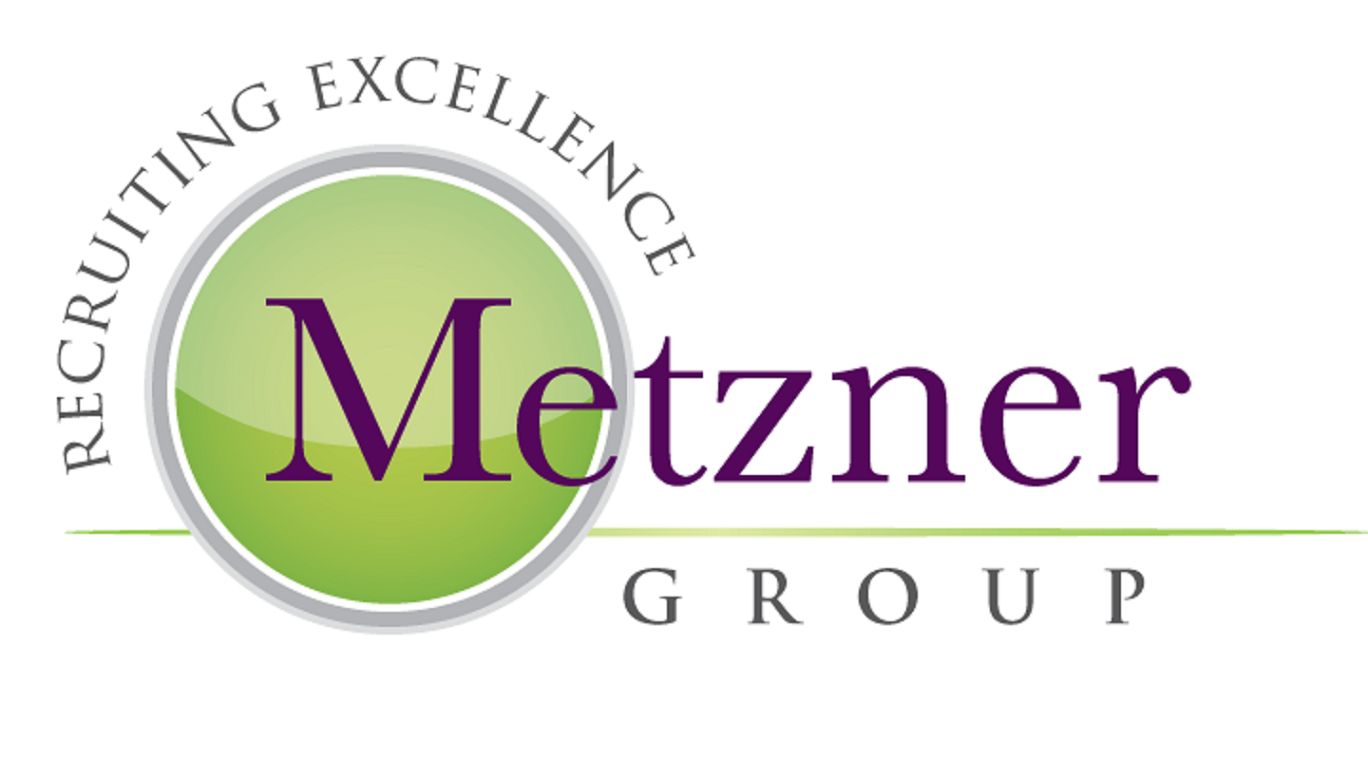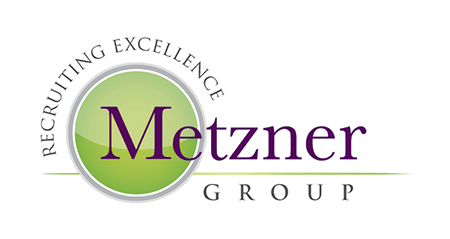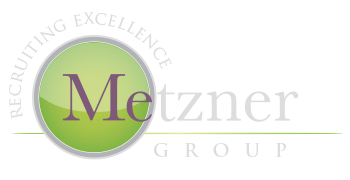Legalized Marijuana Use Grounds For Termination Within A/E Firms?
The legalization of marijuana use in Colorado and Washington is causing an uprising within the A/E marketplace. It has been reported that firms are trying to determine policies that take in consideration federal and state laws while being mindful of employee and client safety. Speaking with operations and Human Resources executives on the legalized use of marijuana by employees, I am receiving one unified comment:
Marijuana use will not be tolerated-whether legal in the state the employee works or not.
Civil engineering and architect employers believe that any potential impaired judgement could lead to fatal design issues or poor decision making. I asked several executives how recreational use of the drug during personal hours is any different than staff consuming alcohol on their own time. Additionally, I asked “If an employee goes on vacation to Colorado or Washington, then smokes marijuana, returns and tests positive – what will happen?” I received a variety of responses to both these questions, but no clear answer. “Too many shades of gray. Employees need to take responsibility. If they are smoking in a legalized state on vacation, chances are they are smoking at their homes too.” Emotions are running deep on this topic.
The Department of Defense has reported that contractors who test positive for any drug use may lose their security clearance. Similarly, other federal agencies require contractors/engineering firms to drug test staff working on their projects. This would clearly direct firms providing services to those agencies. Liability insurances for many firms are expected to rise.
NORML shares “ marijuana is the third most popular recreational drug in America (behind only alcohol and tobacco), and has been used by nearly 100 million Americans. According to government surveys, some 25 million Americans have smoked marijuana in the past year, and more than 14 million do so regularly despite harsh laws against its use. Our public policies should reflect this reality, not deny it.”
Many states and many more A/E firms will be dealing with this issue in months ahead. What do you think?
The Metzner Group Blog




